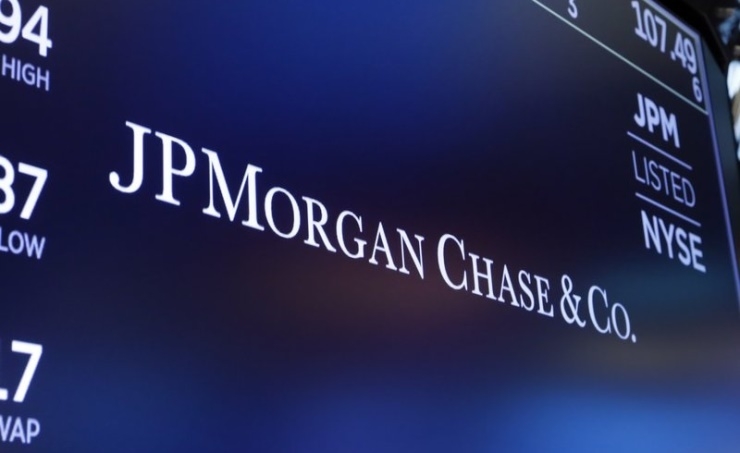JPMorgan 1Q profit plunges as virus causes massive losses
JPMorgan Chase said Tuesday that its first-quarter profits plunged by 69% from a year ago, as the bank was forced to set aside billions of dollars to cover potential losses tied to the coronavirus pandemic.
Chase, the nation’s largest bank by assets, is among the first of the major U.S. companies to describe the financial impact of the coronavirus pandemic, which has shut down businesses across the country and put millions of Americans out of work. Chase is facing billions of dollars in losses, as borrowers who were in fine shape just weeks ago — ranging from individuals with credit cards to oil and gas companies — are now at risk of running out of money and defaulting on loans, The Associated Press (AP) reported.
JPMorgan’s profits in the first quarter nearly evaporated due to a substantial increase in credit-loss provisions — that’s money the bank has to set aside to cover potentially bad loans. That figure jumped from $1.5 billion last year to $8.29 billion last quarter.
The last time JPMorgan had to set aside that amount of money to cover potentially bad loans was the first quarter of 2009 — in the depths of the Great Recession.
JPMorgan’s CEO Jamie Dimon said it was necessary for the bank to set aside the funds “given the likelihood of a fairly severe recession.”
Because of its size and scope, JPMorgan’s results are a reflection of the U.S. economy. The bank’s loan losses came from two parts of its business: credit cards, and wholesale lending to businesses.
JPMorgan is one of the nation’s largest credit card issuers. Millions of Americans who lost their jobs are now at risk of defaulting on their credit card accounts. The bank also said the loan losses in its wholesale lending division came from the oil and gas industry and businesses that directly deal with U.S. consumers like retailers.
Banks like JPMorgan have been trying to appear as helpful as possible to politicians and the public in this pandemic, given the financial industry was at the centre of the last economic crisis. Banks have been giving consumers longer grace periods to make credit card and loan payments, and have been waiving fees.
Most banks have continued to lend as well — they largely went into the crisis with strong balance sheets able to withstand the downturn. JPMorgan said it allowed businesses to draw on more than $50 billion in existing credit lines and approved an additional $25 billion in new credit lines last quarter.
The lone bright spot in the bank’s results came from trading. Markets across the world were extremely volatile last quarter — the 11-year bull market in the U.S. came to a screeching halt in March — which gave Wall Street traders ample opportunity to trade. Stock and bond trading revenues were up 34% and 28%, respectively.
Overall the bank reported a profit of $2.87 billion, or 78 cents per share, down from a profit of $9.18 billion in the same period a year earlier. The results missed estimates, but analysts had struggled for weeks to figure out how to measure the coronavirus’s impact on companies like JPMorgan and the estimates varied wildly.
Related Posts

